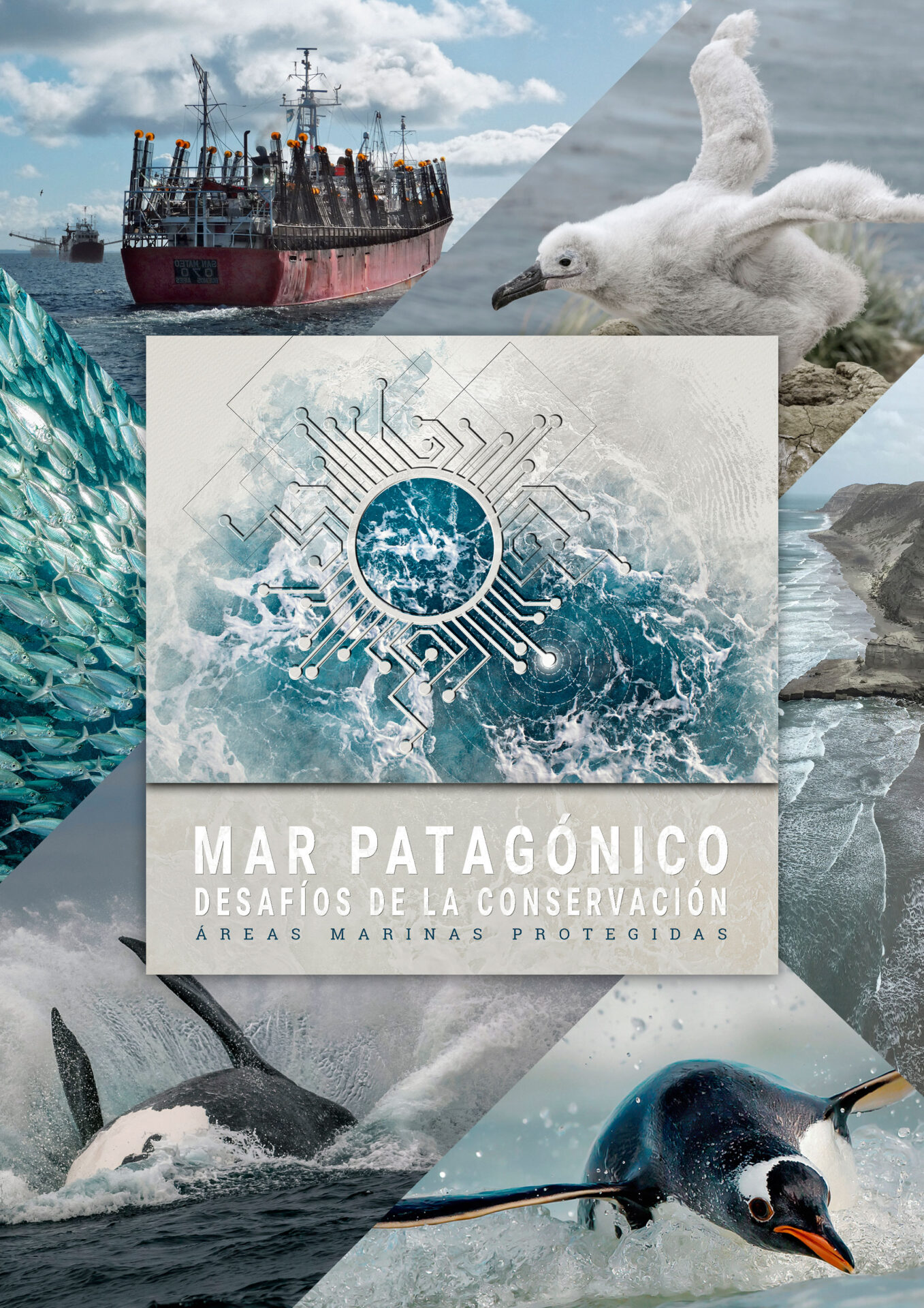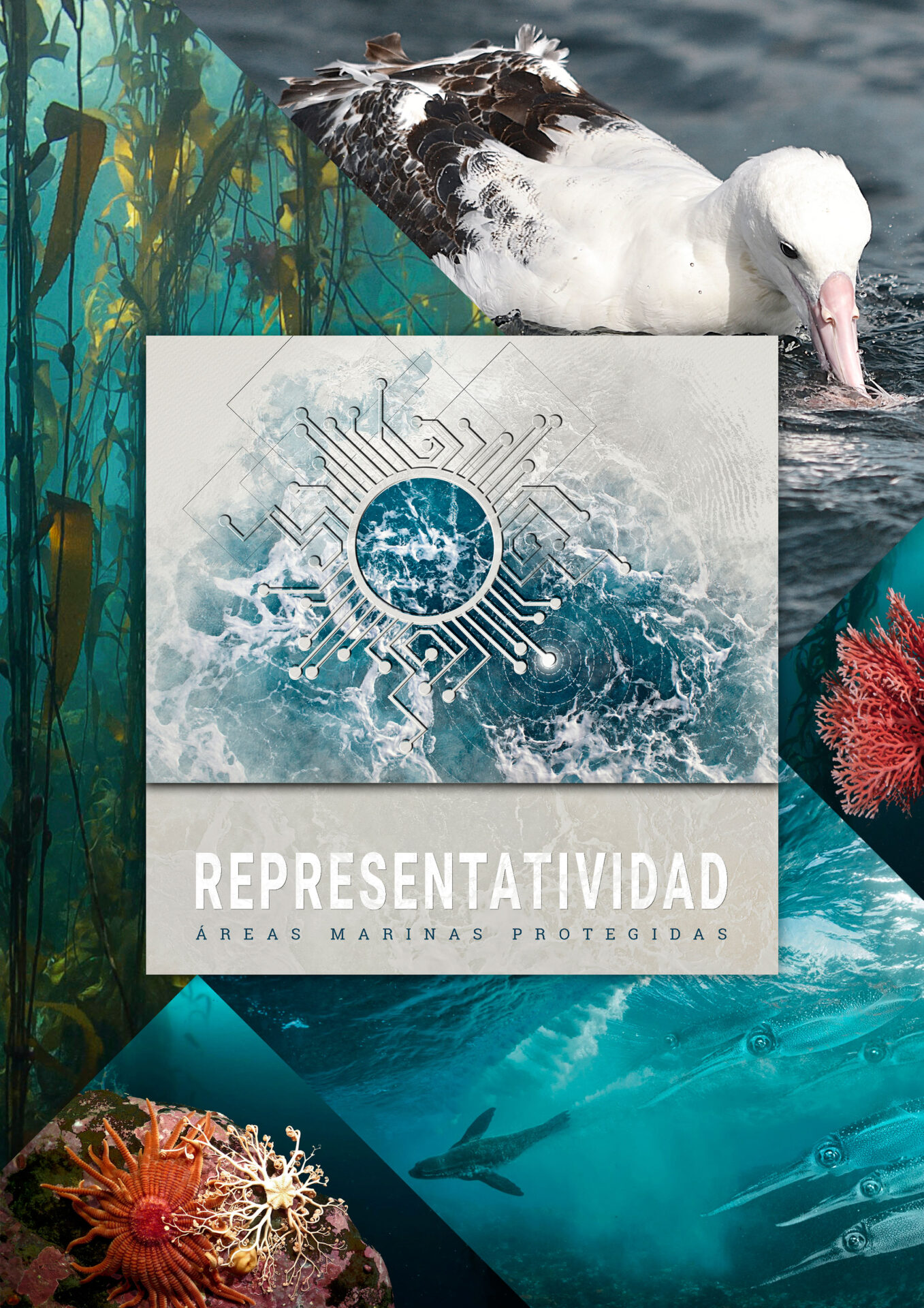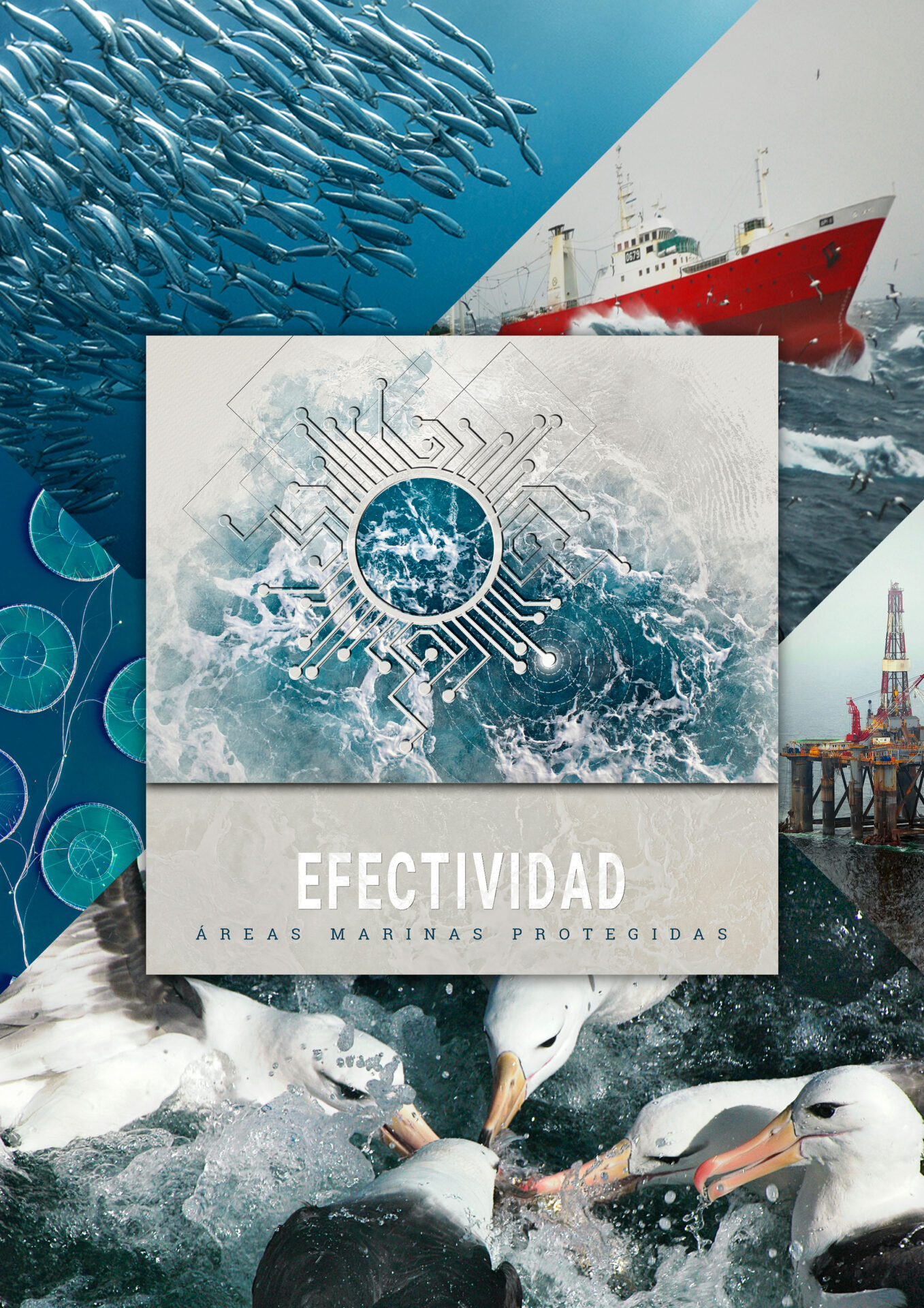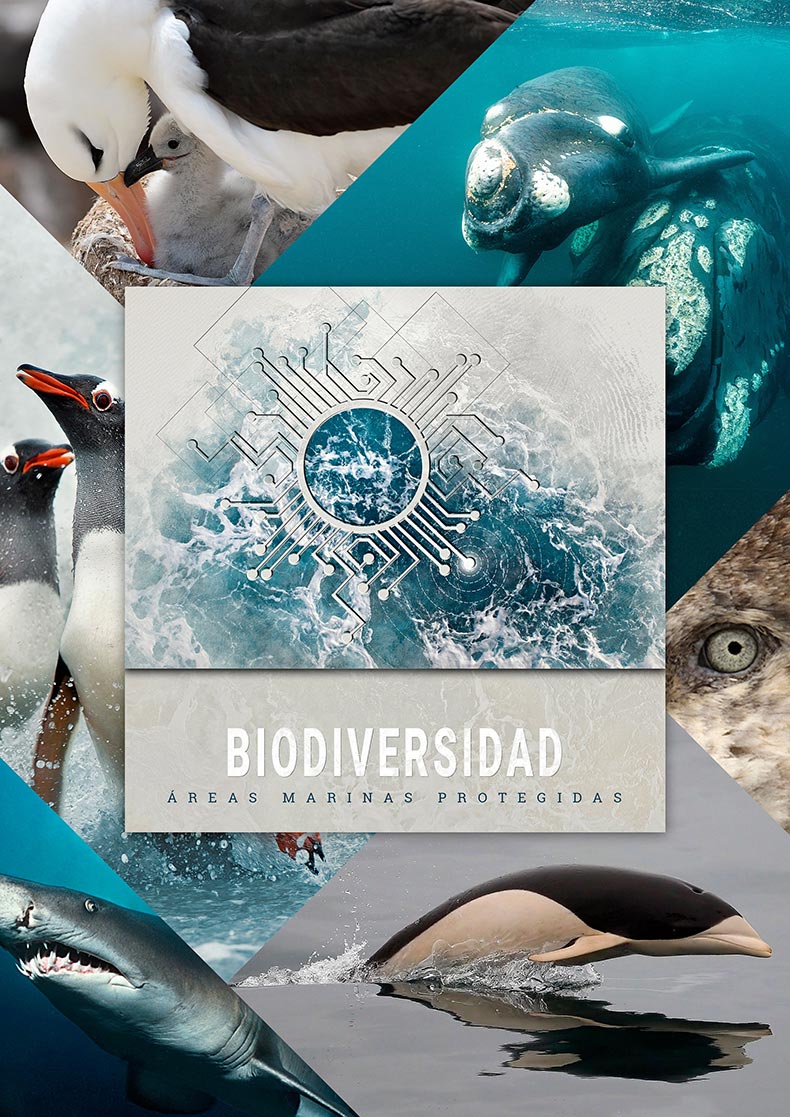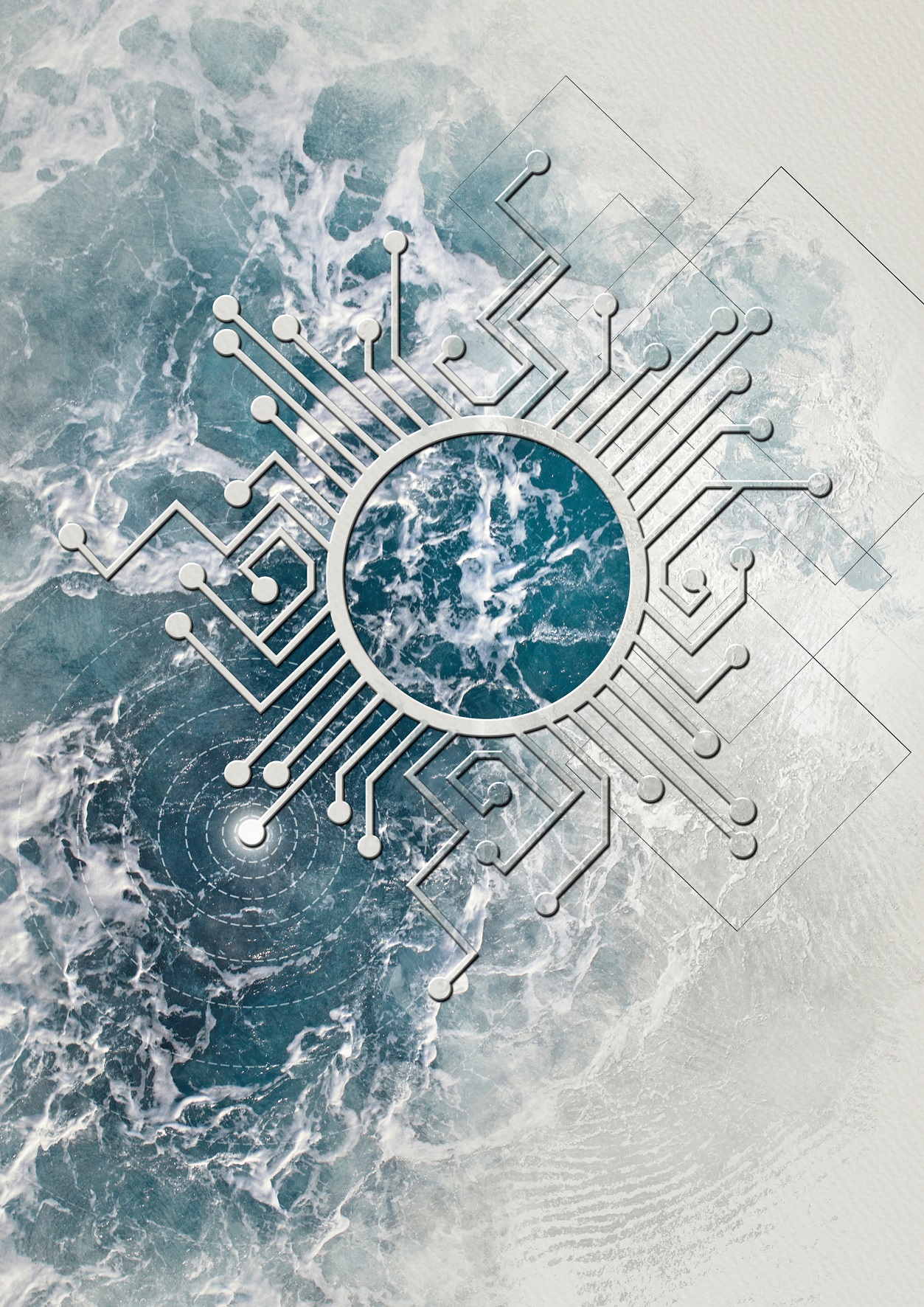During the third and last meeting of the cycle (“Challenges for the conservation of the Patagonian Sea”), we reflected on the future of Marine Protected Areas of the Patagonian Sea, in the context of both socio-environmental changes and climate change. The Chilean Secretary of Science, Andrés Couve, took part at the beginning of the seminar, together with representatives of the public and cientific sector, and the civil society.
The last online meeting was held on September 30, and it brought together the views on Argentina and Chile on planning and implementation opportunities for Marine Protected Areas. The meeting’s turnout was of over 250 representatives of institutions and people interested in and committed to the conservation and sustainable use of the marine biodiversity. The audience included governmental, civil society, education and private sector representatives.
During the opening of the event, the president of the Forum for the Conservation of the Patagonian Sea, Claudio Campagna, talked to the Secretary of Science, Technology, Knowledge and Innovation of Chile, Andrés Couve, who mentioned that the seas are “an integrating element”, and that there is a need to connect all research assets on marine conservation. He also pointed out that there is a gap between science and public policies, and he highlighted the need to have a broad approach that links science with communities and the needs of society.

Next, there was a series of presentations on the topics of the day:
- MPAs planning and management challenges. By Santiago Krapovickas, Forum for the Conservation of the Patagonic Sea.
- Global pressure on marine biodiversity. By Yacqueline Montecinos, WWF Chile.
- MPAs and other tools for adapting to climate change. By Javiera Valencia, Programa Austral Patagonia, Universidad Austral de Chile.
As a result of questions arisen on the previous talks, Claudio Campagna moderated a conversation panel featuring prominent Argentinian and Chilean scientists.
Bárbara Cristie Franco, (CIMA/CONICET-UBA y IFAECI -CNRS-CONICET-UBA IRD), explained that the Brazil Current is increasing its temperature and moving further South than before, directly affecting the ocean drop-off, the most productive of the Patagonic Sea. This productivity will be affected by the rising temperatures. She also reflected on the impact on biodiversity, the importance of mobile MPAs and the need to decrease fishing pressure.
Oscar Iribarne (IIMyC/CONICET, UNMdP) presented the benefits of certifying fisheries, and the opportunities that might arise from linking fishing areas to conservation.
Juan Carlos Castilla (Universidad Católica de Chile) pointed out that there are several Patagonian Seas, and that each of them has different conservation status, threats and challenges. On the Chilean side, he emphasized the importance of having a wide array of effective managing measures that involve the communities that inhabit the coasts. a. He highlighted the importance of Marine Protected Areas when it comes to mitigating and fostering the adaptation to climate change, and expressed his optimism towards rebuilding marine life affected by different threats. He supported his opinions on recently published scientific papers: “Rebuilding marine life” (Carlos M. Duarte and collaborators, 2020), and “Marine reserves can mitigate and promote adaptation to climate change” (Callun Roberts and collaborators, 2017).
Opportunities for planning and implementing MPA systems
Chile and Argentina have the historically-unprecedented opportunity of strengthening their Marine Protected Areas (MPA) systems, so that they can be efficient and resilient to climate change. Both countries have made progress when it comes to conserving and making sustainable use of the biodiversity, and they both have committed to creating representative MPA systems. They both have complementary MPAs on the Southern Sea. At the same time, the management of both fisheries and MPAs could be comprehended under an ecosystemic approach principle. There are both scientific information and human resources available to improve marine conservation.
However, a series of challenges will have to be faced in order to obtain this. During the cycle it was highlighted that:
- Some ecosystems and many species of the Patagonic Sea are under-to not-represented in current MPAs.
- Many of the MPAs are still new and subject to pressures and threats.
- Financing for marine conservation is both insufficient and unstable.
- Climate change can affect the effectiveness of individual MPAs on the long run.
Some key actions were presented along the 3 encounters, both during the round tables and the presentations:
- Isolated efforts are insufficient: dialogue, networking and institutional coordination can optimize the available resources.
- Democratizing marine conservation science will be a key factor in order to educate and allow more people, coastal communities and the civil society to participate.
- MPAs provide natural solutions to climate change: effective MPA networks can be resilient, provide refuge for many species and contribute to the adaptation of human communities.
Chile and Argentina can potentially become an example of regional collaboration for the conservation and sustainable use of the sea, thus increasing the international interest in the Patagonian Sea’s conservation.
During the course of 3 meetings there were held 10 presentations, 3 round tables with more than 11 panelists and a turnout of over 600 people. More than 110 questions were answered by a group of specialists belonging to different organizations which are members of the Forum.
This proposal has the support of the Chilean Department of Environment, the Undersecretariat for Fisheries and Aquaculture of Chile and the National Parks Administration of Argentina. It also has the support of Oceans5 and the David and Lucile Packard Foundation.

